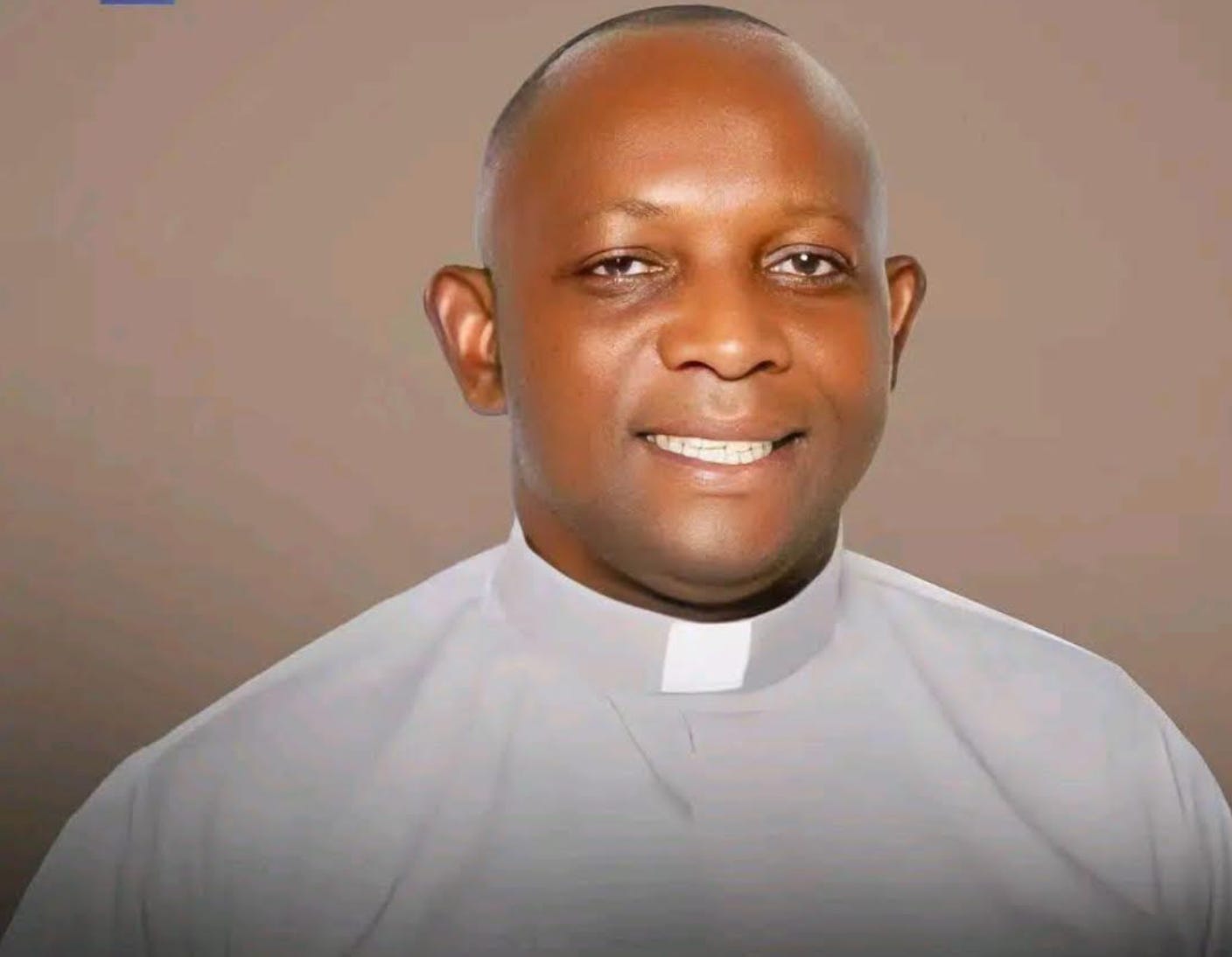What ‘Fiducia supplicans’ Has Changed
It has been several weeks since the release of the Vatican’s new declaration on the blessing of same-sex couples. Considering the reception of this teaching and the reasoning of Fiducia supplicans itself, I regard it as a welcome but awkward step forward. In their lives as persons of faith, LGBTQ Catholics have much to celebrate. […]



It has been several weeks since the release of the Vatican’s new declaration on the blessing of same-sex couples. Considering the reception of this teaching and the reasoning of Fiducia supplicans itself, I regard it as a welcome but awkward step forward. In their lives as persons of faith, LGBTQ Catholics have much to celebrate. Prior to the new declaration, no cleric in the Catholic Church could bless same-sex couples under any circumstances. With this new development, they may now do so with the sanction of the highest authorities in the Church. This change is not merely an act of tolerance but an act of welcome, and that is a significant step forward.
In terms of doctrine, however, this is an awkward step forward and a sudden one. It is sure to give the Church a bit of whiplash. This is due, at least in part, to confusion among Catholics about what has changed and what has not. What has not changed is the teaching of the Church on marriage and its teaching on the morality of homosexual acts. The declaration itself insists upon this. Marriage is an exclusive and indissoluble union between a man and woman and “it is only in this context that sexual relations find their natural, proper, and fully human meaning.”
To account for what has changed is a bit more complicated. To begin with, there is a change at the level of method. The declaration does not simply arrive at a different conclusion from previous teachings on same-sex relationships. It approaches the issue in an entirely different way, and operates with a different set of priorities. The evidence for this change lies in the distinction the declaration makes between “certain doctrinal or disciplinary schemes” and “a more pastoral approach.” Fiducia supplicans unapologetically prioritizes the latter. It finds the practice of blessing same-sex couples valid not principally for doctrinal or theological reasons but rather for pastoral reasons. This prioritizing of pastoral care and accompaniment over doctrinal enforcement is a hallmark of Francis’s papacy. It has deep roots in his own experience as a priest and bishop in Latin America. Like Pope Francis’s earlier apostolic exhortation Amoris laetitia, this new declaration makes room for the reality of persons who are on the road to holiness, refusing to let the perfect become the enemy of the good.
Alongside a new practice, however, there must still be an appropriate development of doctrine. It is not true to say, in response to the declaration, that “nothing has changed” in Church teaching. To the contrary, the development of doctrine is a natural and indispensable process in the Church, a point that Pope Francis himself has clearly affirmed. And a change has indeed happened in Fiducia supplicans. The declaration is an explicit, if unwieldy, attempt to develop doctrine wisely in light of pastoral priorities. To understand what has taken place in terms of doctrine, one needs to go back to a previous Vatican statement on blessing same-sex couples and, perhaps briefly, to a twelfth-century theological insight.
In 2021, the Vatican office that was then called the Congregation for the Doctrine of the Faith issued a Responsum ad dubium that categorically ruled out the possibility of blessing same-sex couples. It did this for two reasons, stated very clearly in the explanatory note. Both reasons were based on the notion that blessings are a kind of “sacramental.” In the Catholic tradition, a sacramental is a practice—or an item associated with a practice—that resembles the sacraments and functions therefore as a sacred sign. This includes blessings, rites, prayers, and devotional objects. Sacramentals are distinguished from the sacraments themselves insofar as they signify grace but do not cause grace. According to the great scholastic theologian Peter Lombard, it is in the power to cause grace that the seven sacraments are distinguishable from other sacred signs. Principal among these other signs that are not sacraments in themselves but still sacramental in character is the act of blessing.
Against this theological background, the Responsum provides its two lines of reasoning, which are meant to preclude the blessing of same-sex couples. First, there is the argument about what blessings are supposed to signify. Since the purpose of any sacramental is to signify grace and dispose us to receive it, a blessing can be conferred only on that which is “ordered to receive and express grace.” And since same-sex relationships involve an objectively disordered element—sex between two people outside of marriage—they are not capable of receiving a blessing. In short, a blessing cannot signify grace when it is not there. This fact, according to the Responsum, is unaffected by the presence of other “positive elements” in the relationship.














